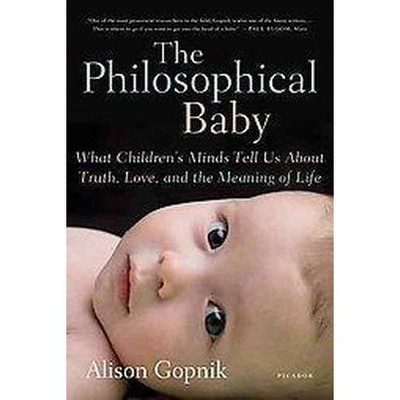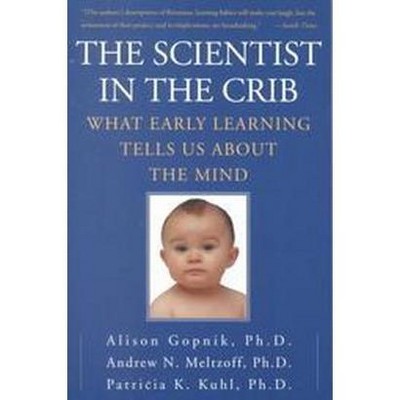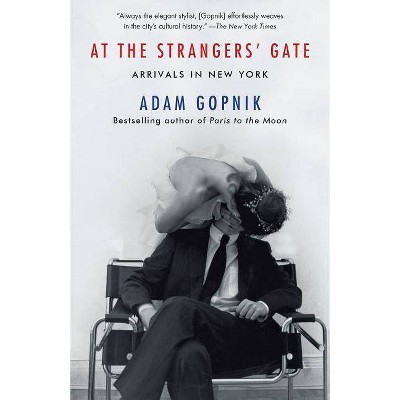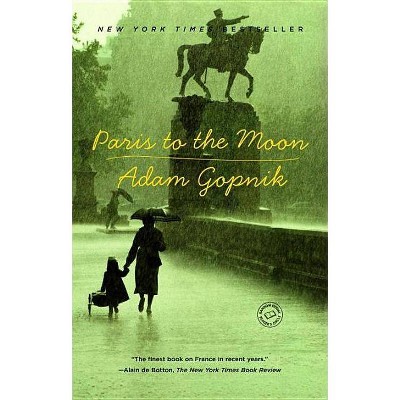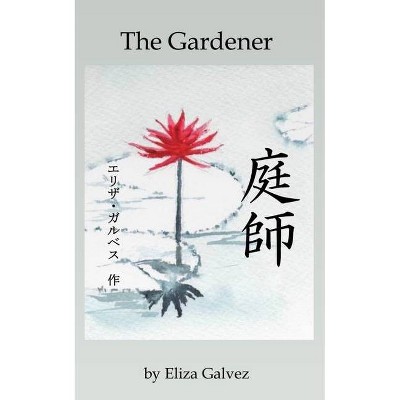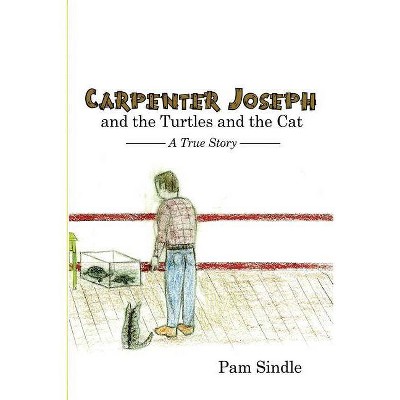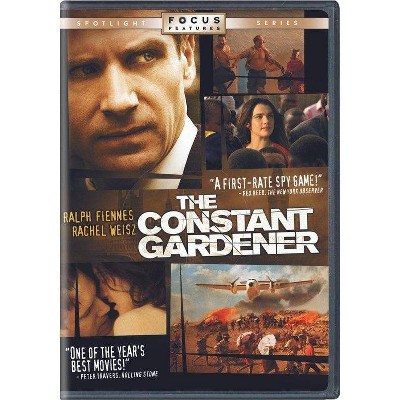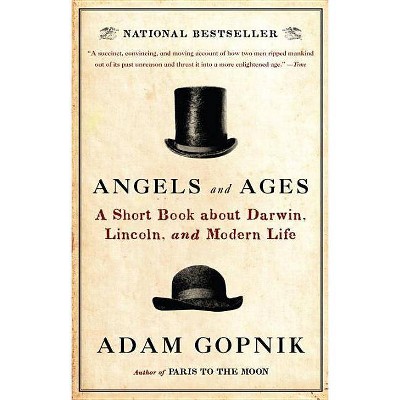The Gardener and the Carpenter - by Alison Gopnik (Paperback)
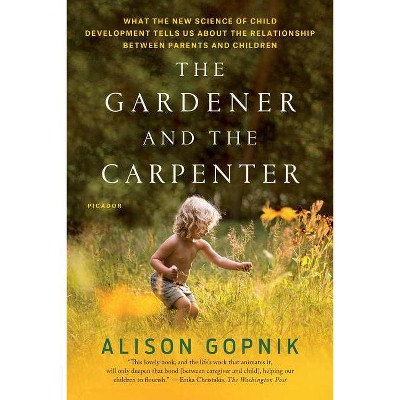
Similar Products
Products of same category from the store
AllProduct info
<p/><br></br><p><b> About the Book </b></p></br></br>Caring deeply about our children is part of what makes us human. Yet the thing we call 'parenting' is a surprisingly new invention. In the past thirty years, the concept of parenting and the multibillion dollar industry surrounding it have transformed child care into obsessive, controlling, and goal-oriented labor intended to create a particular kind of child and therefore a particular kind of adult. In The Gardener and the Carpenter, the pioneering developmental psychologist and philosopher Alison Gopnik argues that the familiar twenty-first-century picture of parents and children is profoundly wrong--it's not just based on bad science, it's bad for kids and parents, too. Drawing on the study of human evolution and her own cutting-edge scientific research into how children learn, Gopnik shows that although caring for children is profoundly important, it is not a matter of shaping them to turn out a particular way. Children are designed to be messy and unpredictable, playful and imaginative, and to be very different both from their parents and from each other. -- Back cover.<p/><br></br><p><b> Book Synopsis </b></p></br></br><p><b>One of the world's leading child psychologists shatters the myth of good parenting<br></b> <p/>Caring deeply about our children is part of what makes us human. Yet the thing we call "parenting" is a surprisingly new invention. In the past thirty years, the concept of parenting and the multibillion-dollar industry surrounding it have transformed child care into obsessive, controlling, and goal-oriented labor intended to create a particular kind of child and therefore a particular kind of adult. <p/>In <i>The Gardener and the Carpenter</i>, the pioneering developmental psychologist and philosopher Alison Gopnik argues that the familiar twenty-first-century picture of parents and children is profoundly wrong--it's not just based on bad science, it's bad for kids and parents, too. <p/>Drawing on the study of human evolution and her own cutting-edge scientific research into how children learn, Gopnik shows that although caring for children is profoundly important, it is not a matter of shaping them to turn out a particular way. Children are designed to be messy and unpredictable, playful and imaginative--and to be very different both from their parents and from each other.</p><p/><br></br><p><b> Review Quotes </b></p></br></br><br><p>"Bracing and thoughtful . . . Educators looking to resist the current vogue for highly scripted, teacher-driven lesson modules will be delighted by Gopnik's strong scientific case for letting children guide their own learning . . . Gopnik never veers from her faith in the warm human bond between caregiver and child that drives not only 'the pathos, but also the moral depth' of being a parent." --Erika Christakis, <i>The Washington Post</i> <p/>"Fascinating and passionate . . . A welcome corrective to the results-driven approach to parenting." --Bee Wilson, <i>The Guardian</i> <p/>Alison Gopnik's <i>The Gardener and the Carpenter</i> should be required reading for anyone who is, or is thinking of becoming, a parent . . . Hers is a rare erudition: scholarly, yes, but accessible and rooted in her experience as a mother and grandmother . . . Gopnik's science-based assertion is a welcome corrective to the prevailing culture of coaching and tutoring children--often at great expense--to avoid failure." --Isabel Berwick, <i>Financial Times</i> <p/>[<i>The Gardener and the Carpenter</i>] calls into question the modern notion that good parents can mold their children into successful adults . . . Children are not supposed to become like their parents; they learn from them to create something new. Each generation is different from the ones before. And that, Gopnik suggests, is the whole point of being human. --Courtney Humphries, <i>The Boston Globe</i> <p/>Deeply researched . . . [Gopnik's] approach focuses on helping children to find their own way . . . She describes a wide range of experiments showing that children learn less through 'conscious and deliberate teaching' than through watching, listening, and imitating." --Josie Glausiusz, <i>Nature</i> <p/>"What a relief to find a book that takes a stand against the practice of "helicopter parenting" so prevalent today . . . [<i>The Gardener and the Carpenter</i>] not only dispels the myth of a single best model for good parenting but also backs up its proposals with real-life examples and research studies . . . This book will provide helpful inspiration for parents and may prompt some to rethink their strategies." --<i>Publishers Weekly</i> (starred review)</p><br><p/><br></br><p><b> About the Author </b></p></br></br><b>Alison Gopnik</b> is a professor of psychology and an affiliate professor of philosophy at the University of California, Berkeley. She is an internationally recognized leader in the study of children's learning and development. She writes the Mind and Matter column for <i>The Wall Street Journal</i> and is the author of <i>The Philosophical Baby</i> and coauthor of <i>The Scientist in the Crib</i>. She has three sons and lives in Berkeley, California, with her husband, Alvy Ray Smith.
Price History
Cheapest price in the interval: 14.29 on November 8, 2021
Most expensive price in the interval: 14.99 on March 10, 2021
Price Archive shows prices from various stores, lets you see history and find the cheapest. There is no actual sale on the website. For all support, inquiry and suggestion messagescommunication@pricearchive.us
